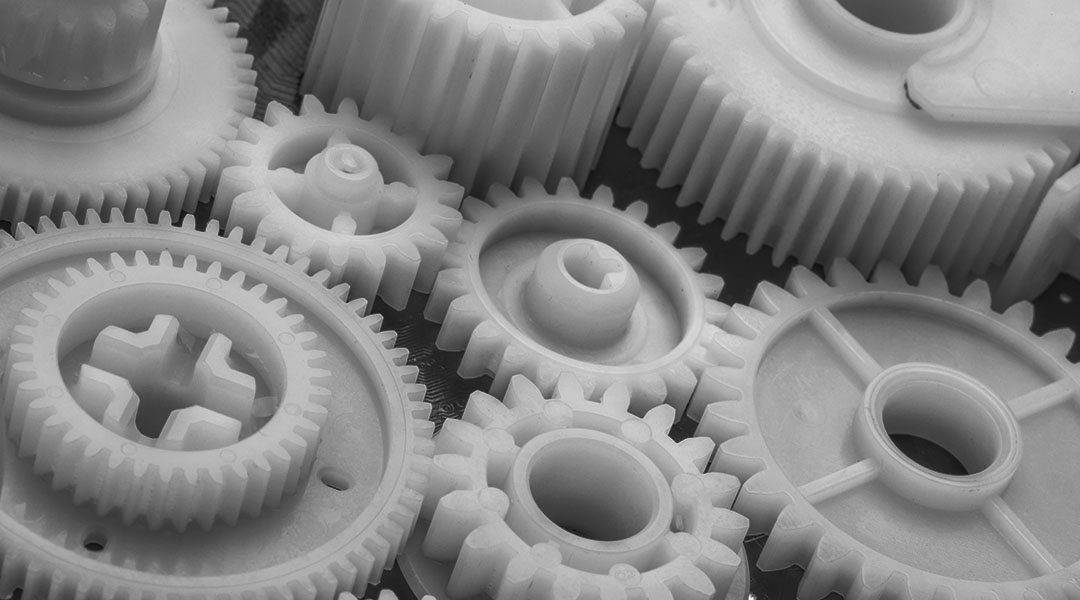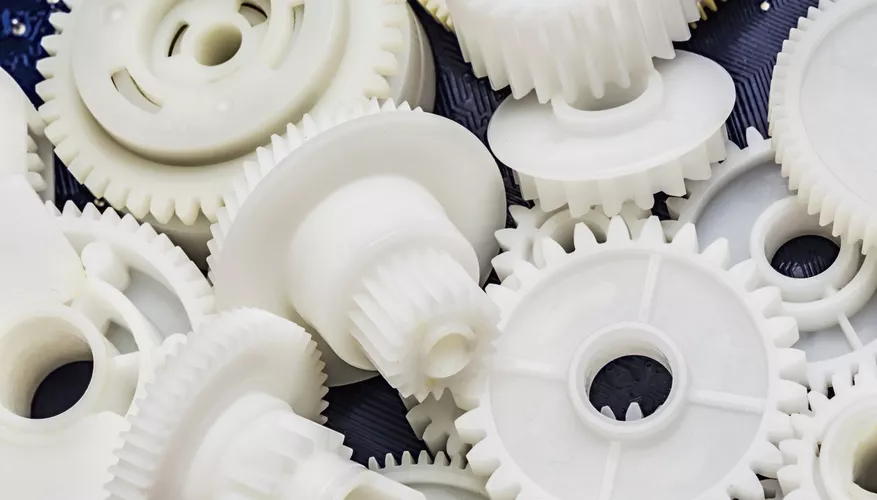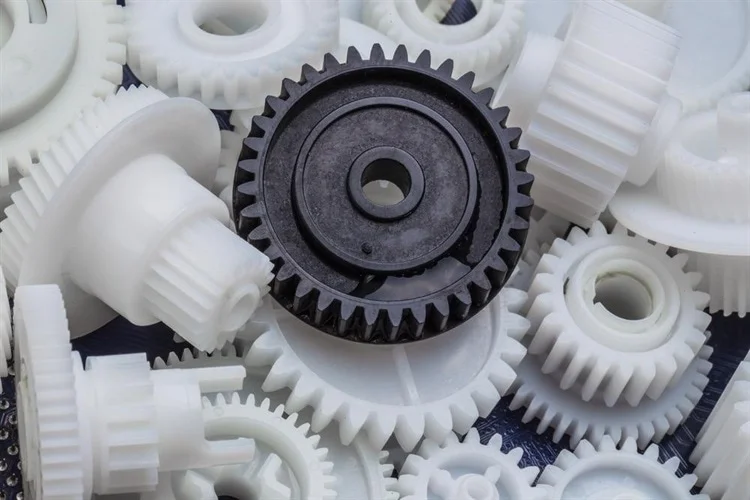Product Description
Product Description
Company Profile
ZheJiang CHINAMFG Bearing Co., Ltd. is affiliated to ZheJiang Kaidi Bearing Group – a specialized manufacturer of kinds of bearings for about 20 years.
Our company is specialized in producing Deep Groove Ball Bearings, Tapered Roller Bearings, Spherical Roller Bearings and Special Bearings in accordance with Customers’ designs.Our bearings has been widely applied into agricultural equipments, home appliances, power equipments, machine tools, automotives and engineering machinery, etc.
Our Products
ZheJiang CHINAMFG Bearing Co., Ltd. is a specialized manufacturer of ball bearings for about 20 years. Our main products include:
1, Miniature Bearings: like 608, 609, 625, 626, 693, 695, etc;
2, Deep Groove Ball Bearings: like 6000, 6200, 6300, 6800, 6900, 16000 Series;
3,Non-Standard Bearings: U grooved bearings, V grooved bearings, double grooved bearings, bearing rollers with or without plastic injection. 4,Pillow Block Bearing: UCP/ UCF/ UCFL;
5,Tapered Roller Bearings
6,Linear Motion Bearings
Processing Process
we have manufacture bearing more than 20 years, and can produce different style of bearings. Our factory starts production from raw materials. We have a 20-person R&D team and launch a new product every 5 days. We have more than 600 people to produce bearing team, we produce products, the price is the most competitive in China.
Packaging & Shipping
Our Activities
FAQ
|
1.Q:Do you know the Detail Size for the Bearing ? 2.Q: This Size of Bearing is common parts? 3.Q:Are you a factory or a Trade Company for Bearing ? 4.Q:How many the MOQ of the Bearing? 5.Q:Could you supply free sample of bearing for our test? 6.Q:Could you accept OEM and customize? 7.Q:Do you have stocks? |
Contact Us
Jane
ZheJiang CHINAMFG Bearing Co., Ltd.
/* January 22, 2571 19:08:37 */!function(){function s(e,r){var a,o={};try{e&&e.split(“,”).forEach(function(e,t){e&&(a=e.match(/(.*?):(.*)$/))&&1
| Contact Angle: | 15° |
|---|---|
| Aligning: | Non-Aligning Bearing |
| Separated: | Unseparated |
| Rows Number: | Single |
| Load Direction: | Thrust Bearing |
| Material: | Bearing Steel |
| Samples: |
US$ 0.05/Set
1 Set(Min.Order) | |
|---|
| Customization: |
Available
|
|
|---|

Can you provide examples of products or machinery that commonly use plastic wheels?
Plastic wheels are used in a wide range of products and machinery across various industries due to their versatility and unique qualities. Here are examples of products and machinery that commonly use plastic wheels:
- 1. Office Furniture: Office chairs often feature plastic caster wheels for smooth and quiet movement on office floors.
- 2. Material Handling Equipment: Hand trucks, dollies, and carts used in warehouses and distribution centers frequently use plastic wheels to transport goods efficiently.
- 3. Lawn and Garden Equipment: Lawnmowers, garden carts, and wheelbarrows are equipped with plastic wheels for easy maneuverability on lawns and uneven terrain.
- 4. Retail and Shopping Carts: Shopping carts in supermarkets and retail stores typically have plastic wheels for easy navigation through aisles.
- 5. Medical Equipment: Hospital beds, medical carts, and mobility aids often incorporate plastic wheels, as they are easy to clean and resist corrosion.
- 6. Aerospace Ground Support: Ground support equipment at airports, including baggage carts and maintenance vehicles, may use plastic wheels for their lightweight properties.
- 7. Food and Beverage Handling: Food service equipment, such as serving trolleys and food processing machinery, often feature plastic wheels due to their resistance to moisture and corrosion.
- 8. Recreational Vehicles (RVs): RV leveling jacks and stabilizers utilize plastic wheels to provide stability and ease of adjustment when parked.
- 9. DIY and Home Improvement Tools: Hand trucks, utility carts, and toolboxes used for DIY and home improvement projects may have plastic wheels for ease of movement.
- 10. Industrial Machinery: Some industrial machines and equipment incorporate plastic wheels to facilitate movement and protect factory floors.
- 11. Conveyor Systems: Conveyor systems in manufacturing and logistics often use plastic wheels to support the movement of goods along production lines.
- 12. Skateboards and Skateboarding Equipment: Skateboard wheels are typically made of plastic, offering various sizes and hardness levels to suit different riding styles.
- 13. Boat Trailer Rollers: Rollers on boat trailers are commonly made of plastic, as they resist corrosion when exposed to water and provide smooth boat launching and retrieval.
- 14. Gate Hardware: Some gate wheels and sliding door systems feature plastic wheels for smooth operation and reduced noise.
These examples demonstrate the widespread use of plastic wheels in diverse applications, emphasizing their adaptability and suitability for various industries and products.

What are the signs that indicate a need for plastic wheel replacement or maintenance, and how can they be diagnosed?
Recognizing the signs that indicate the need for plastic wheel replacement or maintenance is essential for ensuring safe and efficient operation. Here are common signs and how they can be diagnosed:
- 1. Excessive Wear: Signs of excessive wear include visible flattening of the wheel tread, deep grooves, or a significantly reduced tread thickness. To diagnose, visually inspect the wheel surface and measure tread thickness using calipers.
- 2. Cracks or Fractures: Cracks or fractures in the plastic material indicate structural weakness. Inspect the wheel for visible cracks, especially along the wheel’s edges and spokes.
- 3. Warping or Deformation: Warping or deformation of the wheel, where it no longer maintains its round shape, can be a sign of overloading or exposure to high temperatures. Diagnose by visual inspection and measurement of wheel dimensions.
- 4. Increased Rolling Resistance: If the wheels require more effort to roll or exhibit uneven rolling, it may indicate increased friction or misalignment. Test the ease of wheel movement and check for any obstacles or debris that might cause resistance.
- 5. Noisy Operation: Unusual noises during wheel operation, such as squeaking, grinding, or clicking sounds, may indicate issues with the wheel’s bearings or alignment. Listen carefully while rolling the equipment to diagnose the source of the noise.
- 6. Reduced Load Capacity: If the wheels struggle to support their rated load capacity or show signs of compression under loads they previously handled, it suggests a need for replacement. Observe the wheels under load conditions to assess their capacity.
- 7. Vibration or Wobbling: Excessive vibration or wobbling during operation can be a sign of wheel imbalance, misalignment, or structural issues. Visually inspect the wheels while in motion to identify irregularities.
- 8. Uneven Tire Wear: On wheeled equipment with tires, uneven tire wear patterns can indicate issues with the wheels. Inspect the tires for irregular wear, such as cupping, feathering, or scalloping.
- 9. Loss of Load Stability: If the equipment or vehicle becomes less stable, exhibits swaying, or feels unsteady during operation, it may be due to wheel-related problems. Diagnose by assessing the overall stability of the equipment.
- 10. Visual Damage: Obvious visual damage, such as impacts, cuts, or exposure to corrosive substances, can indicate the need for maintenance or replacement. Regularly inspect the wheel’s surface for any visible damage.
- 11. Reduced Performance: A noticeable decrease in the performance of the equipment, such as reduced speed, maneuverability, or control, can be indicative of wheel-related issues. Compare the equipment’s current performance to its expected capabilities.
- 12. Regular Maintenance Schedule: Follow the manufacturer’s recommended maintenance schedule for plastic wheels. This proactive approach helps identify and address potential issues before they become critical.
- 13. Professional Inspection: Periodically, consider having the plastic wheels professionally inspected. Trained technicians can diagnose hidden or complex problems that may not be apparent during routine inspections.
Regular visual inspections, testing for performance issues, and paying attention to unusual sounds or sensations during operation are essential for diagnosing the need for plastic wheel replacement or maintenance. Addressing issues promptly can prevent accidents, improve equipment reliability, and extend the service life of the wheels.

In what scenarios are plastic wheels commonly used, and how do they compare to metal wheels?
Plastic wheels find common usage in various scenarios due to their unique characteristics. Here are scenarios where plastic wheels are commonly used, along with a comparison to metal wheels:
- 1. Indoor Material Handling: Plastic wheels are often preferred for indoor material handling equipment, such as carts and dollies. They offer quiet and smooth operation, making them suitable for use in warehouses and factories. Compared to metal wheels, plastic wheels are quieter and less likely to damage indoor flooring.
- 2. Office Furniture: Plastic wheels are commonly used on office chairs and furniture. They provide ease of movement, floor protection, and a quiet glide. In contrast, metal wheels can be noisy and may damage flooring surfaces.
- 3. Light-Duty Automotive Applications: In automotive applications, plastic wheels are used for lightweight components like automotive jacks and tool carts. They offer a balance of durability, weight savings, and cost-effectiveness. Metal wheels, on the other hand, are used for heavy-duty automotive applications.
- 4. Retail and Shopping Carts: Plastic wheels are standard in retail and shopping cart applications. They provide a smooth and quiet shopping experience and reduce the effort required to push carts. Metal wheels are less common in this scenario due to their noise and potential to damage store floors.
- 5. Medical Equipment: Plastic wheels are used in medical equipment, where cleanliness, non-corrosiveness, and ease of cleaning are essential. Metal wheels may not be suitable due to corrosion concerns and potential difficulty in sterilization.
- 6. Aerospace Ground Support: In the aerospace industry, plastic wheels are used in ground support equipment, maintenance carts, and aircraft cabin service carts. Their lightweight construction is advantageous for handling equipment around aircraft. Metal wheels are used in some heavy-duty ground support applications.
- 7. Food and Beverage Handling: Plastic wheels are used in food service equipment, as they resist moisture and corrosion. They are ideal for food carts, serving trolleys, and food processing machinery. Metal wheels may not be suitable in food handling due to corrosion risks.
- 8. Recreational Vehicles (RVs) and Trailers: Plastic wheels are used in RV leveling jacks and trailer jacks. They provide stability and ease of adjustment for leveling RVs and trailers when parked. Metal wheels are not common in these applications.
- 9. DIY and Home Improvement: Plastic wheels are used in DIY projects and home improvement applications, such as hand trucks and utility carts. They offer ease of movement and floor protection. Metal wheels are less favored in these scenarios due to potential noise and floor damage.
When comparing plastic wheels to metal wheels, the choice depends on factors like load capacity, durability, noise level, and the specific application’s requirements. Plastic wheels excel in scenarios where lightweight, quiet operation, and floor protection are essential, while metal wheels are preferred for heavy-duty applications with high load requirements.


editor by Dream 2024-05-03